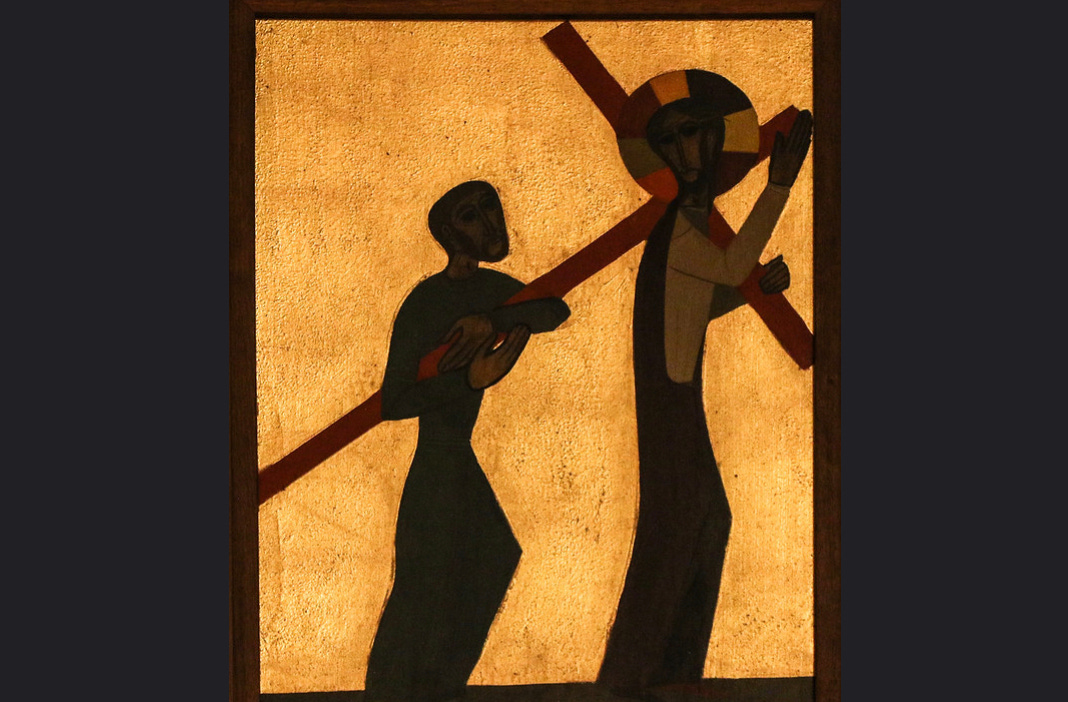Introduction
The year 2025 is being celebrated around the world as the centenary of the Young Christian Workers Movement (YCW). What is this YCW thing? Very few people are aware of its existence today, yet its impact on the world has been profound and it continues its apostolic endeavour quietly and humbly.
It was in 1925, that Pope Pius XI gave official approval for the YCW to represent the Church in the world. He described it as “an authentic form, a perfect example of that Catholic Action which is the leading idea of our Pontificate.”
The movement began with the work of Fr Joseph Cardijn, who was a young curate in the Notre Dame parish in Laeken, Belgium. He formed the first YCW group among the young teenage women workers in his parish in 1912. He gave a description of the Movement in a lecture he delivered in 1938:
A complete and total school, training them for the heights of spiritual, ascetical, moral, apostolic, social and political life. The apostolate within the mass is a difficult and dangerous apostolate. It demands a deep and patient training capable of resisting every temptation and every insult and persecution and above all failure and disappointment.
Cardijn never documented the origins of the YCW, except for some notes he wrote years later, to give some hints about the shape of its beginnings. Dr Stefan Gigacz has provided a translation of Cardijn’s notes, which in part read:
It was also the time of great apostolic demands and of great apostolic commitments: leaving a “good job” for a workshop, a factory, a dirty, repugnant, sub-human job; accepting to share meals with women workers in the workshops of factories making rabbit fur, rubber, artificial silk; or going to live in an attic in Rue Haute [High Street] in the midst of an environment of prostitution.
I wonder why I find myself thinking about the story of the rich young man in Mark’s Gospel (10:17-25). It is just my view, but I think the young people who became leaders in the YCW would have responded differently to the invitation to follow Jesus than did the rich young man.
It does not take much imagination to propose that one of the passages from the Gospel that Cardijn would have used with his young leaders is the one presented here in this Gospel Enquiry.
The Gospel
Jesus said, ‘Come to me, all you who labour and are overburdened, and I will give you rest. Shoulder my yoke and learn from me, for I am gentle and humble in heart, and you will find rest for your souls. Yes, my yoke is easy and my burden light.’ (Matthew 11:28-30)
The Enquiry
See
What is the context for this teaching from Jesus? Who are the people who “labour and are overburdened”?
Given the context of this teaching, what is Jesus’ “yoke”? What is his “burden”? And what is implied about the souls of those who do not “shoulder” Jesus’ “yoke”?
Why is Jesus’ teaching rejected by many? Why do they not want rest for their souls?
Judge
What do you think about Jesus’ teaching about his yoke and his burden?
What is needed in the world for Jesus’ words to be fulfilled?
What do you find challenging about his teaching? What is there in his teaching that brings you comfort?
Act
Having reflected on Jesus’ words, what do you want to change in the world?
What small action can you carry that will contribute to the change you want to see?
Who can you involve in your action, when, where and how often?
Image Source: Fr Lawrence Lew OP (Creator), Shoulder My Yoke: Station of the Cross from the Franciscan Monastery, Washington, DC. Flickr, CC BY-NC-ND 2.0
Worth Reading: Cardijn, J. (2020). Challenge to Action: Forming Leaders for Transformation. This is a collection of Cardijn’s lectures, originally translated into English by Fr Eugene Langdale and updated by Dr Stefan Gigacz. You may obtain a copy here. If you choose to download it, please consider making a donation to the Joseph Cardijn Digital Library to support its further development.
1912: The first worker apostles, by Dr Stefan Gigacz


